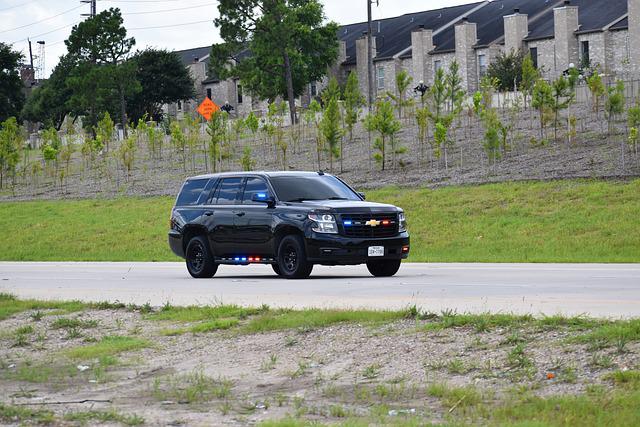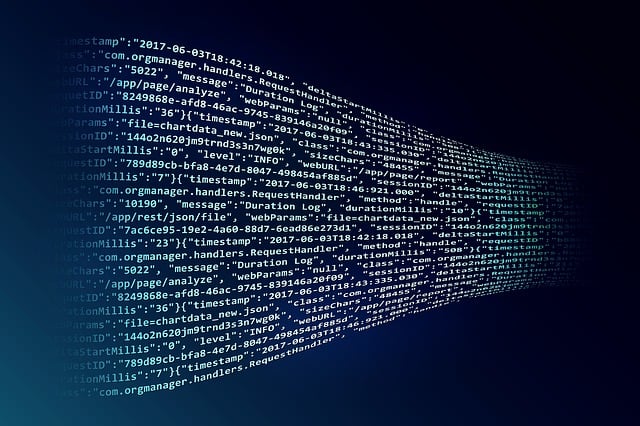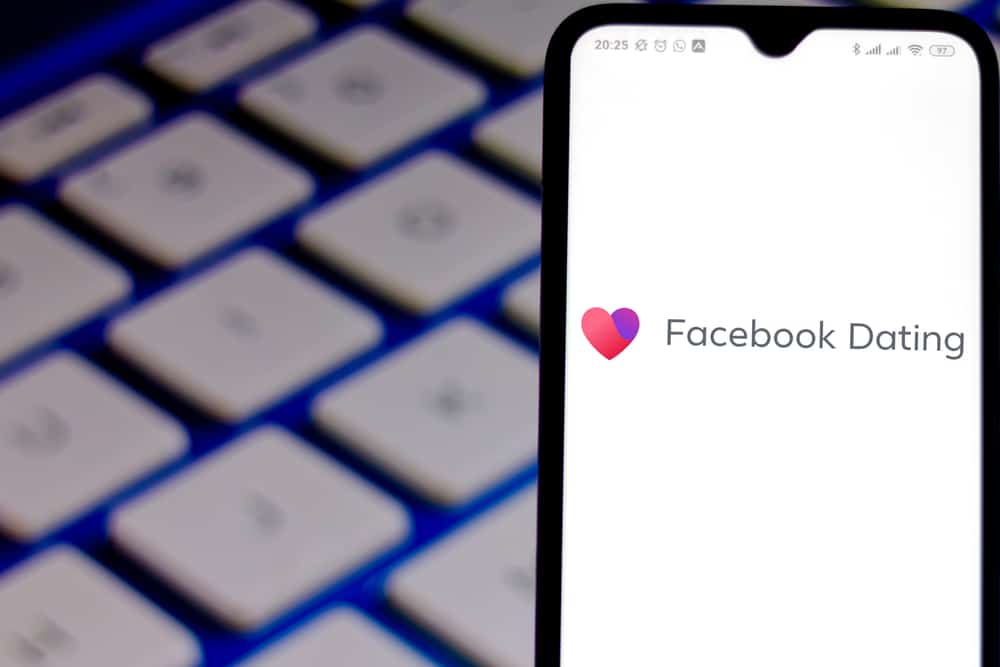What is a Level 2 Background Check?
Michelle Wilson - November 3, 2023

According to online data from a survey conducted by the Society for Human Resources Management, 92% of participating employers carry out some variation of pre-employment background checks. Among the various background checks employers and government agencies utilize is the level 2 screening. A level 2 background check uses fingerprints to check an individual’s appropriateness for roles that require a heightened level of trust.
Therefore, it is often certain industries, including healthcare, finance and government contracting, that require these more in-depth level 2 background checks. Consider why in the comparison to follow.
Table of Contents
Comparing The Different Types of Background Checks
When evaluating background checks, distinctions arise among Level 1, Level 2, and Level 3 assessments, each encompassing different searches and offering varied levels of detail. Level 1 background checks are typically more fundamental than their Level 2 and Level 3 counterparts. They often involve a basic name search, a review of public records, and an examination of state-level criminal activities. Additionally, a Level 1 check includes a rudimentary employment history verification and a search through the national sex offender registry.
In contrast, Level 2 background checks exhibit a significantly heightened level of comprehensiveness, with 27% of companies performing them according to public data. These checks delve into both state-level and federal criminal records, including sealed court files. Leveraging the FBI’s Integrated Automated Fingerprint Identification System (IAFIS), Level 2 checks extend their reach to national criminal records and scrutinize global terror watch lists for a more exhaustive examination. In comparison, taking it one step further, a level 3 background check encompasses a thorough screening process, confirming work history, education, criminal records, professional licenses, and references, and may involve additional elements such as drug testing, credit checks, and motor vehicle records checks. Level 3 checks are the most in-depth, other than a Level 4 check, which considers all of the above, plus social media searches and deeper financial screening.
How Far Does A Level 2 Background Check Go Back
While the standard timeframe for pre-employment background checks commonly spans seven years, the scope of such checks and the regulations governing the reporting of criminal records vary across states. Florida law, for example, does not explicitly outline how much a level 2 background check reaches back into an individual’s history. Still, the state adheres to the guidelines established by the Fair Credit Reporting Act (FCRA).
In certain states like Florida, the FCRA dictates that background checks should not include arrest records over seven years old. This means that arrests exceeding the seven-year threshold, provided they did not result in convictions, cannot be utilized to disqualify an individual from employment or other positions. However, it’s crucial to note that convictions are exempt from the seven-year limitation, and their disclosure has no restrictions for their availability even time elapsed since their occurrence. Understanding these nuances is essential for employers and individuals navigating the intricacies of background checks in the hiring process.
The Cost Of A Level 2 Background Check
To acquire a level 2 background check in most states through the Department of Law Enforcement, obtaining an Organization Record Identifier (ORI) number from a state or federal agency is a prerequisite. This unique ORI number is pivotal in determining the destination agency for the background check and its associated costs.
The price of a level 2 background check can fluctuate within the range of $70 to $100, contingent upon the specific ORI number assigned. The cost variability often depends on the diverse agencies involved, each with a unique fee structure. Therefore, individuals seeking a level 2 background check should be aware of the ORI number associated with their request, as it directly influences the financial aspect of this essential screening process.
Information That Comes With a Level 2 Check
Level 2 background checks provide an extensive examination, uncovering a broad spectrum of details about an individual’s history, including:
Employment History
In-depth scrutiny of an individual’s employment history is integral to Level 2 background screenings. This examination encompasses details such as the applicant’s previous employers’ names, specific job titles, and exact dates of employment. This comprehensive employment history check is a valuable tool for employers, enabling them to verify the accuracy of information in job applications or resumes.
Court Records
Sealed court records, safeguarded by a judge to ensure individual privacy, can hold critical information not accessible to the general public but can be scrutinized through a level 2 background check.
The Department of Law Enforcement will then conduct thorough searches for sealed court records concerning the person under investigation. This includes delving into records linked to juvenile delinquency conviction and detention, providing a more comprehensive view during the background check process. It’s essential to note that expunged records, distinct from sealed records, remain inaccessible to potential employers and are not disclosed in the findings of a level 2 background check, offering a layer of privacy and protection for individuals with expunged legal histories.
Criminal History Scrutiny
Level 2 background checks delve into both state and federal criminal records, encompassing arrests, convictions, and pending cases, providing an exhaustive examination of an individual’s criminal history. This includes all available records to ascertain whether an individual has a history of felony convictions, misdemeanor charges, or any other form of criminal involvement. It’s crucial to note that, as mentioned earlier, arrests older than seven years, especially those that did not result in convictions, remain undisclosed in a level 2 background check.
Similarly, civil lawsuits and judgments that surpass the seven-year threshold are also excluded from the comprehensive report, offering a nuanced perspective on an individual’s criminal background.
Disqualifying Offenses
Among these offenses are heinous acts such as murder, arson, and aggravated stalking or assault. Engaging in drug trafficking and manufacturing, committing sexual misconduct, and involvement in burglary and robbery are also included as disqualifying offenses. Other prohibited actions involve domestic violence or abuse, weapons violations within 1,000 feet of a school, and specific white-collar crimes like fraud and embezzlement. Additionally, organizations will often consider offenses such as kidnapping, child abuse, and involvement in prostitution as disqualifying factors, contributing to a comprehensive list of activities that can impede individuals from certain opportunities or positions.
Uncovering Your Background
Unfortunately, suppose you are curious about what comes up in a level 2 background check on yourself. In that case, there isn’t an option for deciphering these details since a fingerprint is required for the check and must be submitted and processed through the state repository, a step inaccessible to individuals. Moreover, only an approved government entity adhering to FBI terms can access the screening results. Therefore, if you are curious about what kind of information is available to you, you will only have the option to perform a level 1 background check on yourself through various free or paid background check services.











